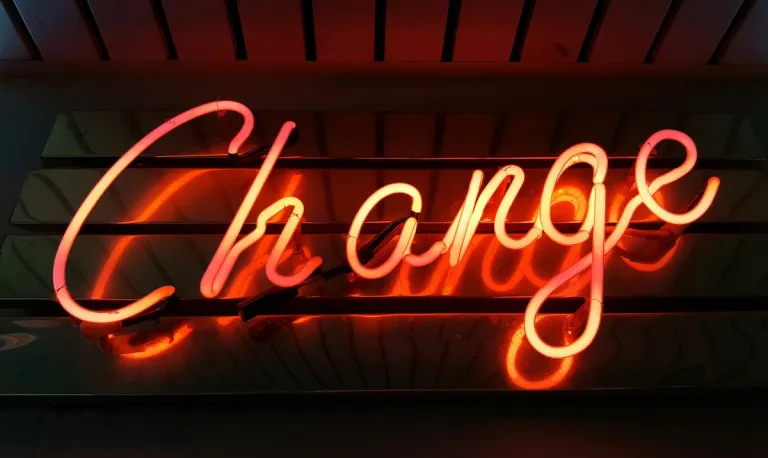
As the banking and payments sector stands on the cusp of 2025 on a new regulation-averse government worldview, one of the issues that bears watching is the partnerships between banks and FinTechs.
As a group, they have created new ways of moving money, across apps, platforms and mobile devices. FinTechs have largely been untested in terms of risks or controls, and in some cases — such as with the fall of Synapse, and with tens of thousands of end customers unable to access their funds — following the money has been difficult.
Exactly how FinTechs will be regulated will depend on the yet-unseen fate of the Consumer Financial Protection Bureau as well as more traditional institutions like the Federal Deposit Insurance Corp. and the Office of the Comptroller of the Currency.
Ingo Payments CEO Drew Edwards is a keen observer of bank-FinTech relationships. He told Karen Webster in an interview that the key drivers prioritized by investors and startups have been “the customer experience and customer acquisition.” The overarching strategies have been on removing barriers to growth while making accounts easy and quick to set up.
The tenets of safe banking practices have been prioritized less.
Firms that focus only on growth and customer acquisition have suffered. However, those that can focus on the core tenets of safe banking, with customer experiences always top of mind (but not at the expense of those tenets), will lead to healthy customer acquisition, he said.
“The operating rules that keep you out of trouble and mean success versus failure are different now,” he said, adding that “what’s changing are the rules around how banks play with FinTechs.”
Those operating rules may be pushed and prodded a bit, but in the end, the specter of regulatory enforcement actions that jeopardize bank sponsorships should keep firms mindful of best practices, he said.
As 2025 dawns and a new presidential administration takes shape, Edwards predicted it’s anybody’s guess as to which agencies will take the lead in bank-FinTech oversight (and even whether some of those agencies will exist in their present form or at all).
The old days — to use a law enforcement analogy — where the cops might let someone do 72 mph in a 65-mph-zone are over. The rules haven’t necessarily changed yet, but the enforcement of the rules has changed. The United States has the safest banking system in the world; trusting that system with one’s money must remain paramount, Edwards said.
Technology at scale must be a tool to enforce banking discipline in distributed banking environments, he said. However, bank and FinTech attitudes, policies and practices must also respect the discipline of safe banking.
Although we may see a day when technology can have code that hardwires regulation into embedded banking and lending, we’re not there yet. Technology can help enforce rules, said Edwards, offering another analogy: His BMW will operate on autopilot so long as his hands are on the steering wheel and eyes are on the road ahead, but it will slow down and even stop if it senses Edwards is distracted. On the other end of the spectrum, a Tesla can pretty much let its driver sleep while it treks down the highway.
Going Into BMW Mode
Up to now, many banks and FinTechs have been in Tesla mode, Edwards said, and many players, banks included, have been driving too fast.
Ingo operates decidedly like a BMW, using technology to enforce safe guardrails (even though, down the line, a bank will conduct the same oversight). Edwards said Ingo is “using technology to enforce discipline” when, for example, the Ingo Payments platform helps embed banking into a restaurant payout experience.
Ingo Payments will be debuting what Edwards termed “a truly [secure and] immutable ledger” that makes sure all transactions have an unbreakable audit trail forged with cryptography.
When asked about the outlook for FinTech capital next year, Edwards predicted investors and capital markets will place more emphasis on FinTechs’ profitability and sustainability rather than customer acquisition and growth rates.
“The investors that are looking for sustainable long-term metrics will continue making investments,” he said.
We’re also going to see more regulation around artificial intelligence, which will be necessary due to the increasing sophistication of criminals using advanced technology to impersonate legitimate people and enterprises to commit fraud, he said.
Over the long term, Edwards told Webster: “The entire banking system has got to move to distributed banking and embedded banking and to use technology to do it safely. No bank is going to grow deposits simply by opening bank branches.”
“Next year, it’s going to be ‘full-on’ with these regulations — and no matter what part of the business you’re in, this is going to bleed into everything a FinTech does with a bank,” he said.
